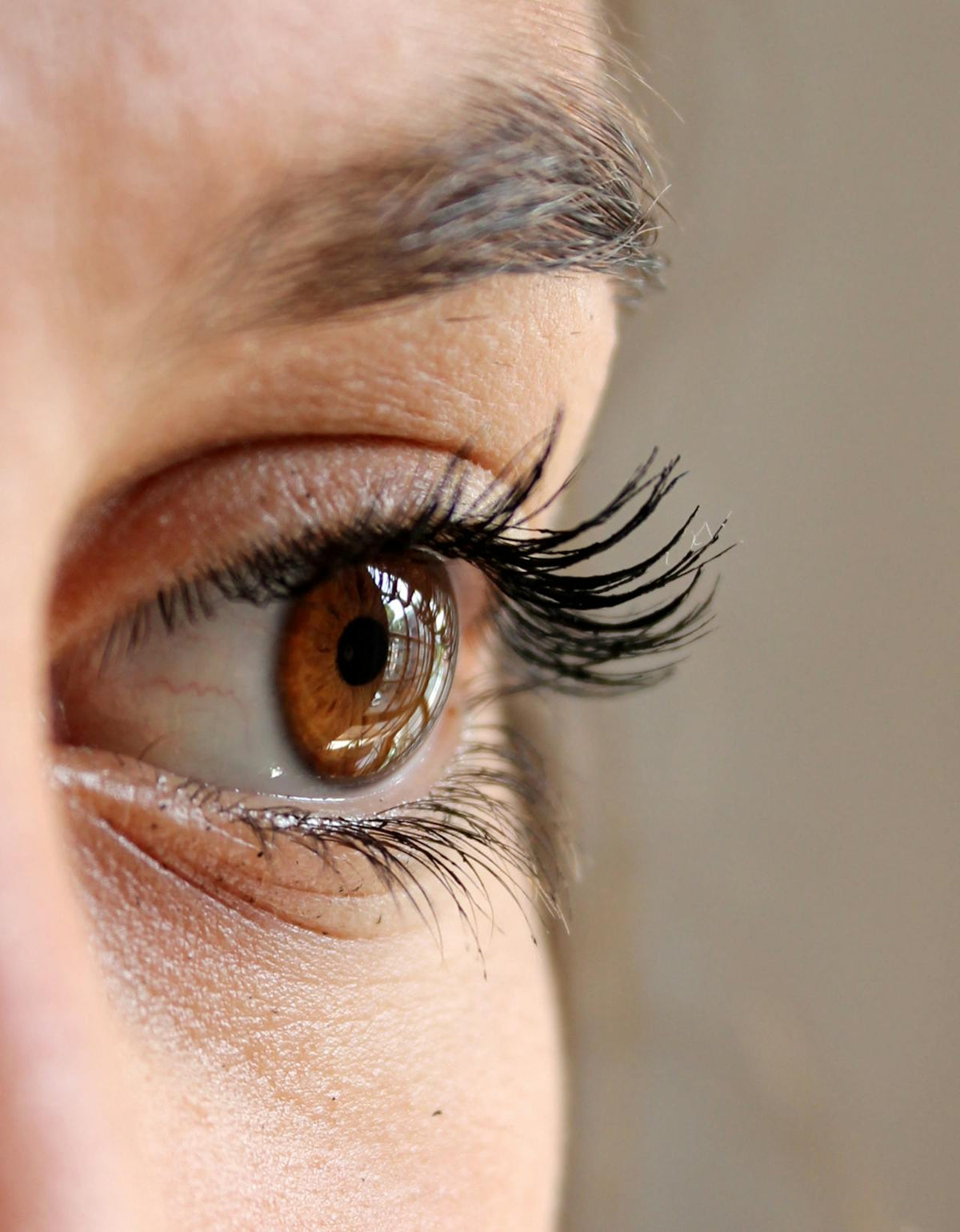
Eye floaters are a common medical term to describe a situation where you start seeing little “things” floating around in your vision. While it may look like these floating objects are in your environment, there are really particles inside your eye casting shadows on your retina.
Eye floaters might look like squiggly lines, dots, shadows, or ‘cobwebs’ in your vision. They move when you move your eye and may appear to slowly “float” around. This is because they are floating within the fluid of your eye.
While floaters aren’t necessarily dangerous, they can be annoying, or even so plentiful that they are now significantly blocking your vision. Either way, you may be looking into more info on floaters, including if there are ways to help them clear out or reduce formation altogether.
In this article, we will cover the basics of floaters, including is certain vitamins and supplements may help.
Eye floaters occur when the collagen inside of the vitreous fluid of your eyes starts to break down and clump together. These clumps now block light to the retina and form the “shapes” seen in the floaters.
The main culprit behind eye floaters is generally considered to be regular aging. People may first notice eye floaters between the ages of 50 to 75 years old.
While older age is considered the main cause of eye floaters, there may also be other situations that make eye floaters more likely.
The following conditions or situations may be related to the development of eye floaters:
Nearsightedness
History of cataract surgery
Diabetic retinopathy
Eye disease
Injury to the eyes
Crystal deposits in the eyes
Eye tumors
Detached or torn retina
Blood in your vitreous fluid
Vitreous or retinal inflammation
While it is common to see floaters from time to time, especially as you get older, if they come on suddenly, lots show up at the same time, or are accompanied by eye pain, flashes of light, sudden vision changes, or blurriness, let your doctor know right away. These can be a sign that something more serious is going on in your eye and needs attention.
If your eye floaters are strictly age-related, there may not be a way to avoid them from happening at all. But, keeping up with your general eye health and wellness may help avoid the intense severity or number of eye floaters.
Some general tips for optimal eye health include:
Staying well hydrated
Eating a nutritious, well-balanced diet
Optimizing your vitamin and mineral intake through your diet
Resting your eyes when they feel tired
Avoiding excess blue light exposure
Avoiding prolonged screen time
Wearing sunglasses in the sun
Get enough sleep
Avoid smoking
While it is unclear to what extent these tips can help you avoid the development of eye floaters is unclear. But, since we know that these items can help support general eye health and wellness, it couldn’t hurt to try these out.
The consensus is that eye floaters generally do not usually go away on their own. Although, they may become less obvious to you over the course of time. This is because your brain and vision may adjust to notice them less.
There are some treatment options available for eye floaters. If your eye floaters have become bad enough that you need treatments, your doctor may recommend an invasive procedure called a vitrectomy. This is an eye surgery where the vitreous of the eye is removed entirely and replaced with saline, or contained gas or oil. In time, your natural eye fluid is meant to replace this replacement. Since the floaters are removed with the vitreous, you should no longer see the floaters.
Another treatment option is using eye lasers to zap the floaters. This is also done in the doctor’s office.
Ask your doctor if either of these options is appropriate for you. As with most treatments, there may be some downsides and risks to these treatments, including the risk of eye damage. Your provider will consider your exact situation and help you decide if these treatment options are right for you.
Some studies have looked into if supplements or a healthy diet may help treat or prevent eye floaters. It is unclear just to what extent these measures may help with eye floaters at this point. But, we can still suggest a healthy diet or eye health support supplements to encourage the overall wellness of your eyes.
According to some studies, vitamins, extracts, and minerals may help with reported improvements in eye floaters, from the participants’ self-reports.
One study reported benefits for reduced eye floaters in people using oral supplements containing vitamin C, bromelain (a pineapple enzyme extract), papain (a papaya enzyme extract), and ficin (a fig tree enzyme extract).
Another study looked into using an oral supplement containing lysine, vitamin C, zinc, a citrus extract, and a grape seed extract for eye floaters. At the end of 6 months, the researchers reported that participants had a significant improvement in their eye discomfort from floaters as compared to the placebo group.
These are both smaller-scale studies, so more research needs to be done to confirm the beneficial supplements for eye health and floaters, but these results are a good start.
Eye floaters are generally thought to occur mainly due to age. But, maintaining overall healthier eyes through a balanced diet, eye protection measures, avoiding smoking, and certain supplements may help. Some vitamins and supplements that may help support overall eye health include vitamin C, zinc, lutein, and zeaxanthin, among others. For a good general eye-health supplement, the Eyemazing eye gummy from Zen Nutrients is a good overall choice.
*These statements have not been evaluated by the Food and Drug Administration. These products are not intended to diagnose, treat, cure, or prevent any disease.